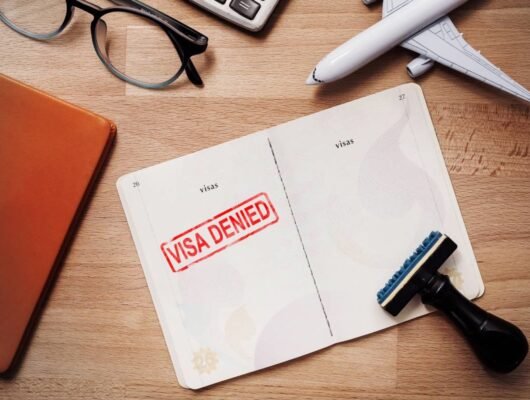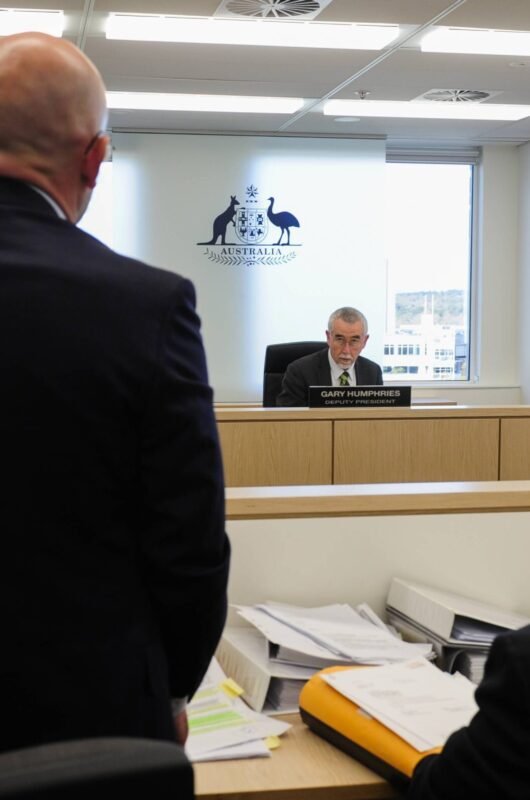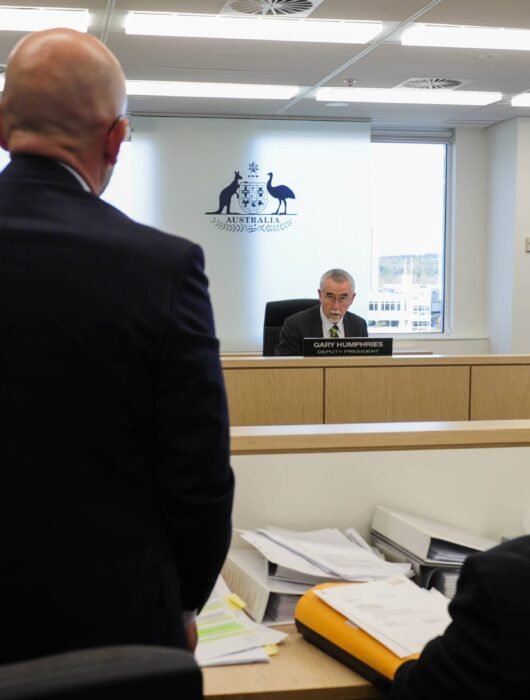
You may be able to appeal your visa refusal, visa cancellation, business sponsorship or nomination application refusal to the AAT (Administrative Appeals Tribunal).
You may be able to apply for AAT review in the following situations:
The AAT cannot review a decision to cancel a visa if the cancellation occurred when the visa holder was outside of Australia.
If the visa applicant or holder is in Australia, then they are the person who should apply for review. If the visa applicant is overseas, then in most cases the Australian sponsor, nominator or family member makes the application for review.
The business sponsor or employer must apply for review in relation to a refusal of a Standard Business Sponsorship and/or nomination application.


Generally speaking, the following events will occur when you appeal to the AAT:
The Administrative Appeals Tribunal member will decide to affirm, vary, set aside, or remit the decision made by the Department of Home Affairs.

Last Updated: 4 December 2023
It is important to note that there is a strict time limit by which you need to submit your AAT appeal application.
It is important that you carefully read the refusal or cancellation notice from the Department – this will tell you whether your refusal or cancellation is AAT reviewable, and the time by which you need to submit your application for review.
The AAT cannot accept an application for review that is submitted outside of the allowed time frame. This is very strictly enforced.
Check the AAT website for average processing time.
The time it takes for us to complete the review process depends on a range of factors, including:

If your application for review at the AAT is not successful, then you will be notified that your current bridging visa will cease in a certain period of time (generally speaking this is 21 days). If you do not want to leave Australia, then you have two potential further avenues for review:
If you were granted a Bridging Visa A as a result of the visa application which the Department refused, then if you apply for AAT, this bridging visa will continue to be valid and will allow you to remain in Australia until the AAT has made a decision. If you do not appeal to the AAT then your Bridging Visa will expire and you will need to depart Australia or you will become unlawful.


That depends on the visa that you are currently holding.
If you are holding a bridging visa, then you need to check the conditions of your bridging visa. If you are holding a bridging visa and there are restrictions on your work rights, you may be able to apply for unrestricted work rights based on ‘financial hardship’.
If you are still holding a substantive visa, then you should be able to lodge another visa application – assuming that you meet the relevant eligibility requirements. A ‘substantive’ visa is basically any visa which is not a bridging visa.
If you do not hold a substantive visa (i.e. your last substantive visa has expired and you now hold a bridging visa that is associated with the AAT appeal), then Section 48 will bar you from making a further ‘substantive visa’ application because you have had a visa refusal, which is any visa except a Bridging visa, a Criminal Justice Visa or an Enforcement Visa.
Despite Section 48, you can still lodge a valid application for certain types of visas such as partner visas, bridging visas, etc.

EMK Global is a leading expert in the field of international education and migration to Australia. Our head office is located in Sydney, Australia and we have branch offices in Vietnam and Pakistan.

